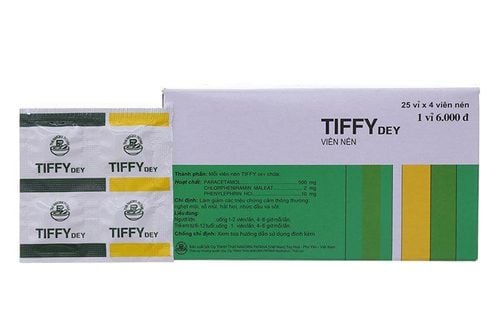Glucosamine is increasingly utilized to manage primary and secondary osteoarthritis, as well as acute and chronic arthritis. However, glucosamine may present certain risks, and it is not appropriate for all patients.
1. What is glucosamine?
Glucosamine sulfate is a naturally occurring compound found in the human body. It is also derived from natural sources such as shellfish, with glucosamine sulfate used in dietary supplements commonly extracted from the shells of shellfish. There are several forms of glucosamine, including glucosamine sulfate, glucosamine hydrochloride, and N-acetyl glucosamine. While these substances share some similarities, their effects may differ when used as dietary supplements.
Glucosamine is used for primary and secondary osteoarthritis,as well as for acute and chronic arthritis. Treatment with glucosamine typically requires continuous administration for 2-3 months, with follow-up treatments every 6 months or as needed depending on the patient's condition. While side effects are rare, some reported adverse effects include bloating, indigestion, diarrhea, and constipation.
2. Who should not use glucosamine?

- Individuals with cardiovascular disease: Patients with cardiovascular conditions, including hypertension, should use glucosamine with caution.
- Diabetic patients: Glucosamine may reduce insulin secretion or affect blood glucose levels. As glucosamine is an amino sugar, diabetic patients should monitor their blood sugar levels closely when using this supplement.
- Shellfish Allergy: As glucosamine is commonly derived from the shells of shellfish such as shrimp or crab, individuals with a known shellfish allergy should avoid its use or consult their doctor before using glucosamine for treatment.
- Asthma patients: Glucosamine may be associated with asthma, so individuals with a history of asthma should exercise caution when using it.
- Drug interactions: Glucosamine can increase the absorption of tetracycline in the gastrointestinal tract and may reduce the effectiveness of medications like paracetamol (acetaminophen), statins, and other lipid-lowering drugs. It is advisable to avoid taking glucosamine simultaneously with these medications.
- Patients on specific medications: Caution is advised for individuals taking heart medications, anticoagulants, or diabetes medications.
- Pregnant or breastfeeding women, children, and adolescents under 18: Glucosamine should be avoided in these populations as there is insufficient data on its safety and efficacy in these groups.
To arrange an appointment, please call HOTLINE or make your reservation directly HERE. You may also download the MyVinmec app to schedule appointments faster and manage your reservations more conveniently.
Reference: webmd.com













